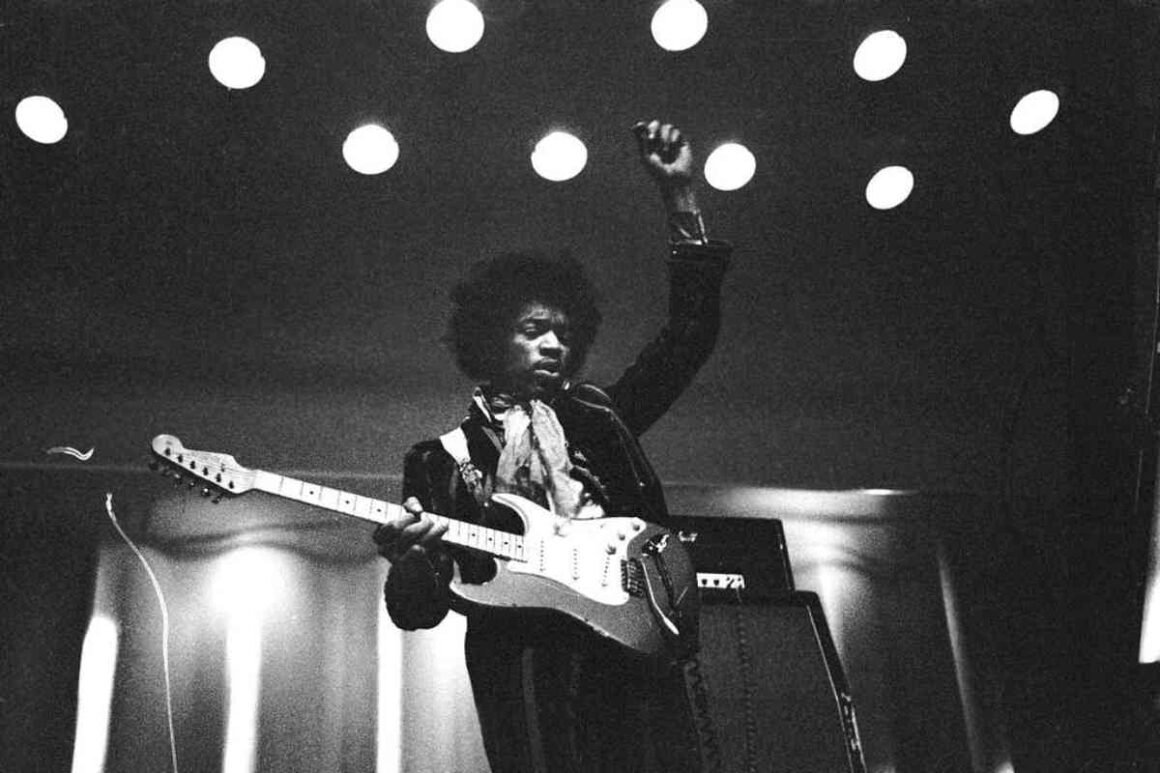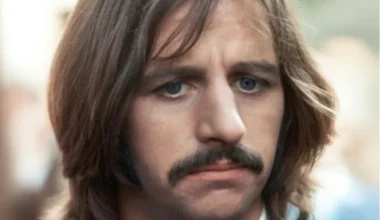Jimi Hendrix is universally recognized as one of the greatest guitarists in history, renowned for his revolutionary guitar techniques, including his use of feedback and his iconic combination of a Fender Stratocaster, wah-wah pedal, and distorted amps. His contributions to rock music cemented his legacy, influencing generations of musicians and solidifying his place in the pantheon of guitar legends.
Hendrix’s influence extended far beyond his own era. Neil Young hailed him as “the greatest electric guitar player who ever lived,” while Stevie Nicks has spoken of how his music, style, and humility shaped her own career. In fact, his presence was so magnetic that Billy Joel, in the late 1960s, even posed as one of Hendrix’s roadies to sneak into his shows. Many of today’s guitar heroes consider Hendrix a major inspiration.
However, one legendary guitarist didn’t share the same level of admiration for Hendrix’s playing. Eddie Van Halen, another titan of the electric guitar, had a very different view. According to former Whitesnake guitarist Adrian Vandenberg, Eddie Van Halen thought Jimi Hendrix was “sloppy.” Vandenberg recalls a conversation where he mentioned Hendrix as his favorite guitarist, only for Van Halen to dismiss him in favor of Eric Clapton, known for his more precise, blues-infused playing.
Van Halen’s own guitar style diverged sharply from Hendrix’s. While Hendrix was the face of the psychedelic movement of the 1960s, an era marked by experimental rock and the counterculture of Woodstock, Van Halen emerged in the 1970s, a time dominated by glam rock and hair metal. Bands like Kiss and Bon Jovi were leading the charge, and Van Halen became one of the movement’s standard-bearers.
Van Halen’s technical approach, including his signature tapping technique, the “Frankenstrat” guitar, and dynamic use of tone, differed significantly from Hendrix’s improvisational, free-form style. While Hendrix’s music was often shaped by the psychedelic and experimental influences of the time, Van Halen embraced a more structured, blues-driven approach, which may explain his admiration for Clapton over Hendrix.
Despite their contrasting styles, both Van Halen and Hendrix are celebrated as among the greatest guitarists of all time. Hendrix revolutionized rock in the 1960s, and Van Halen took the genre to new heights in the 1970s and beyond. While their paths diverged, their influence remains universal, inspiring generations of guitarists across all rock subgenres.







